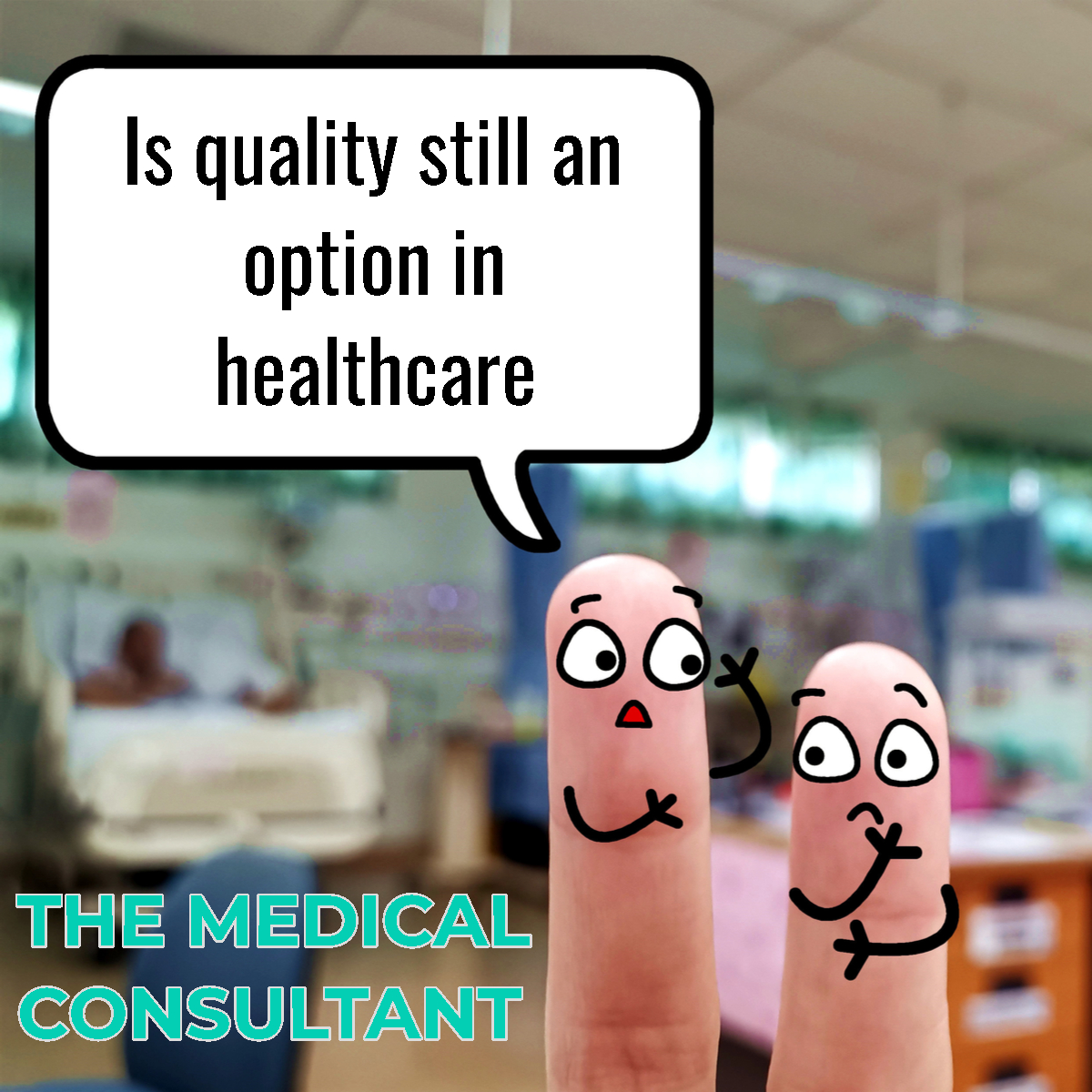Almost half of all Americans take prescription drugs according to a study by the National Center for Health Statistics.
However, the number of adults taking more than five medications at once nearly doubled between 2002 and 2012, rising from 8.2% to 15%, according to Stat News, which also reports that 42% of Americans over 65 took more than five medications at once in 2019 and more than a quarter of a million people were hospitalized in 2018 from a reaction to medication.
Polypharmacy — taking more than five medications at once, or more than medically necessary — does come with an array of risks, even for patients who need each medication. Risks can include extra expenses, pill overload and neglect, and according to the Harvard Health Letter the highest and most dangerous risk is an adverse drug interaction.
Asking your pharmacist for guidance could lower your medication count and save you money in some cases. It is also a good idea to get all of your prescriptions filled at one pharmacy, if possible, to make it easier for your pharmacist to monitor each drug you take, according to Kaiser Permanente. Ask your pharmacist for a description of what each is used for, how and when to take it, dosage information and how it could affect other medications. Familiarize yourself with the appearance of each pill and ask questions if you ever get a prescription refill that looks different.
Keep your own record of each pill’s strength, dosing instructions and purpose to instruct a doctor or family member who may be helping you manage medications. Try a pill box to keep medications sorted; some are simple containers marked for each day and some are advanced dispensers that can remind you how many pills to take and at what time.
It is also noteworthy that over-the-counter drugs, supplements and herbs should be included in any discussions with your doctor or pharmacist, Harvard Health Letter says. Ginger and garlic can increase chances of bleeding and could influence the effectiveness of some blood thinners, while St. John’s wort could have adverse effects if taken with certain antidepressants. Keep a complete list of all medications and supplements and bring them to your pharmacist and your annual doctor’s visit.



